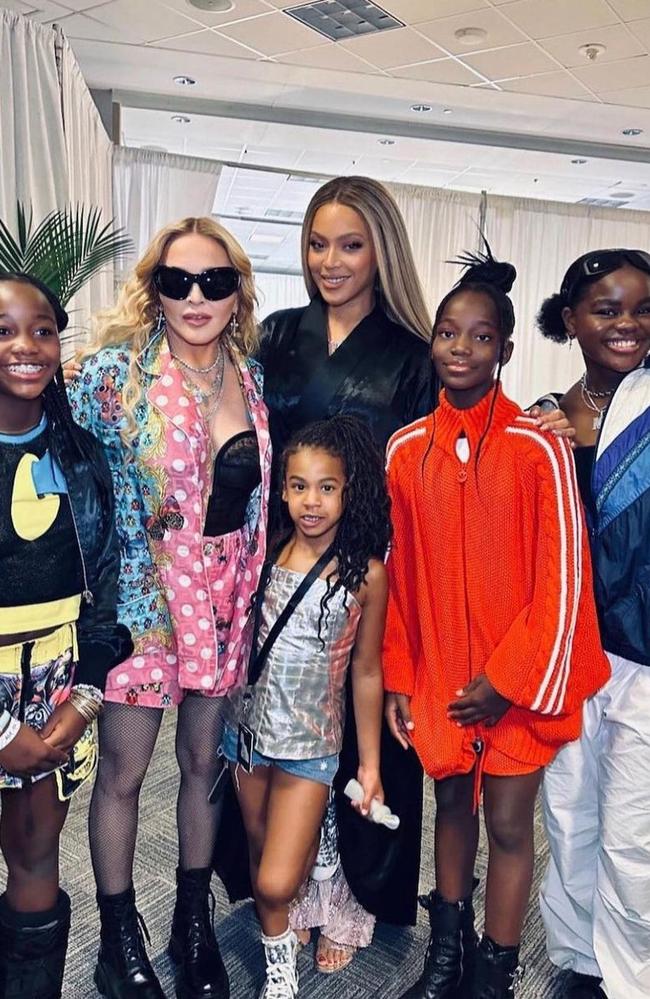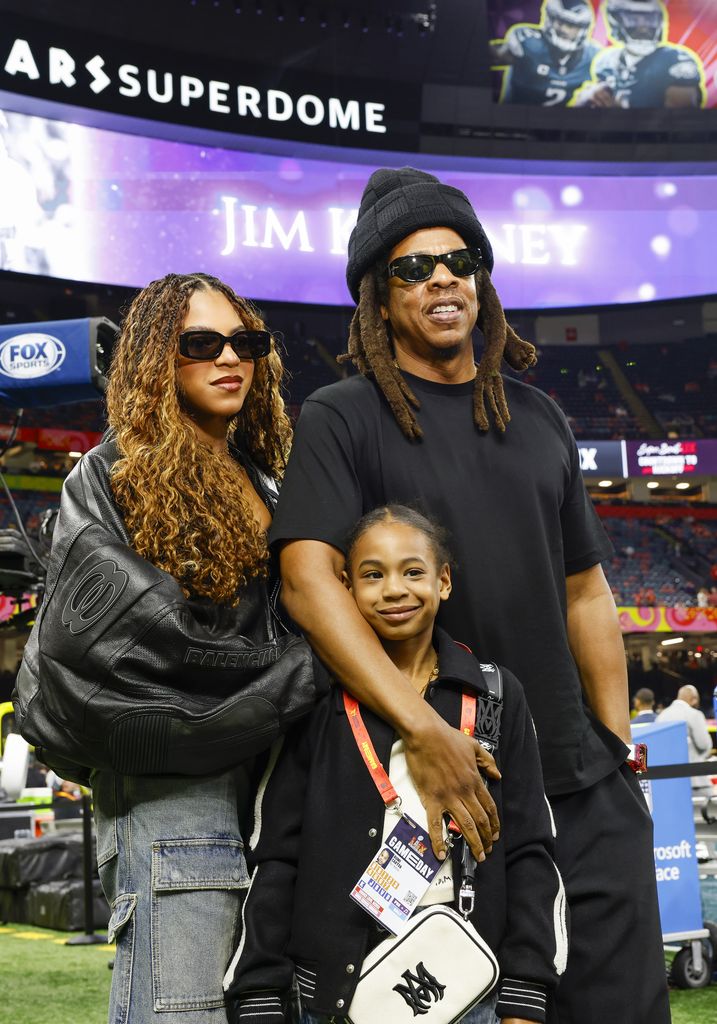Why does the public speculate so much about the private lives of celebrities? Beyoncé and Jay-Z have consistently chosen to keep their children out of the spotlight, yet this decision has sparked endless debates and assumptions. Among these discussions, one topic that has garnered significant attention is whether their son Sir Carter might be on the autism spectrum. While there is no official statement from the couple confirming or denying this, the conversation surrounding autism in relation to their family highlights broader societal attitudes toward neurodiversence.
The Beyoncé-Jay-Z household includes three children: Blue Ivy, Rumi, and Sir Carter. Of these, Sir Carter has been particularly reserved when it comes to public appearances. According to sources close to the family, Sir exhibits discomfort in large crowds and shows little interest in attending public events. This behavior has led some observers to speculate about his potential autism diagnosis. However, without an official word from the Carters themselves, such claims remain purely speculative. It’s important to note that autism is not a condition defined solely by social withdrawal; it encompasses a wide range of behaviors and traits that vary widely among individuals.
| Full Name | Sir Carter Robert Knowles-Carter |
|---|---|
| Date of Birth | January 8, 2018 |
| Place of Birth | Los Angeles, California, USA |
| Parents | Beyoncé Giselle Knowles-Carter & Shawn Corey Carter (Jay-Z) |
| Siblings | Blue Ivy Carter, Rumi Carter |
| Career | Youngest child of global superstars; kept largely out of the public eye. |
| Public Perception | Speculation exists regarding possible autism due to limited public appearances and reported sensitivities. |
| Reference | Autism Speaks |
Autism awareness has grown significantly over recent years, thanks in part to advocacy efforts by organizations and families who aim to reduce stigma and promote understanding. Despite this progress, misconceptions persist. For instance, labeling someone as autistic without proper context can perpetuate harmful stereotypes. In the case of Sir Carter, fans and critics alike have weighed in based on snippets of information gleaned from rare appearances or online content. One notable moment occurred during a Cowboy Carter Tour segment where Beyoncé was seen congratulating her mother. Observers noted specific behaviors exhibited by Sir, which they interpreted as signs of autism. However, interpreting such actions without clinical expertise is problematic at best.
Meanwhile, similar speculation has surrounded Beyoncé’s other children. Blue Ivy, for example, has occasionally been mentioned in connection with autism, though no credible evidence supports this claim. Discussions around Blue Ivy often focus on her unique talents and personality traits, which some attribute to being on the spectrum. Yet, just like with Sir, these assertions lack substantiation and rely heavily on conjecture rather than fact. The media landscape thrives on intrigue, and celebrity offspring provide ample material for gossip columns and social media chatter.
It’s worth noting that parents of neurodivergent children frequently face scrutiny over how they choose to manage their child’s condition. Some argue that high-profile figures like Beyoncé should use their platforms to raise awareness about autism. Others believe that personal health matters should remain private, regardless of fame. The tension between transparency and privacy underscores the complexities faced by celebrities navigating parenthood under constant public scrutiny.
Moreover, the debate extends beyond individual cases to reflect broader cultural attitudes toward neurodiversity. Autism is not inherently negative—it represents a different way of experiencing the world. Unfortunately, negative connotations associated with the term persist, partly because of misunderstandings or misinformation. When public figures are accused of hiding their children’s diagnoses, it reinforces stigmas rather than dismantling them. Advocates stress the importance of respecting boundaries while fostering empathy and education.
In another viral incident, a woman gained attention after accusing Beyoncé of concealing Rumi’s alleged autism. She criticized the singer for failing to advocate publicly for children on the spectrum. While her accusations sparked heated discussions, many countered that diagnosing someone remotely is both unethical and inaccurate. Furthermore, demanding that a parent disclose sensitive medical information disregards basic principles of consent and confidentiality. Such instances illustrate the fine line between legitimate concern and intrusive speculation.
TikTok has become a hub for sharing stories and insights related to autism. Users frequently upload videos discussing their own experiences or those of loved ones, aiming to educate followers about various aspects of life on the spectrum. Videos featuring Blue Ivy, for instance, sometimes touch upon themes of autism awareness, though these narratives must always be approached cautiously given the absence of verified details. Engaging with such content responsibly requires acknowledging the limitations of anecdotal evidence and prioritizing authentic voices within the community.
Ultimately, the question of whether Sir Carter is autistic remains unanswered—and perhaps unanswerable outside the immediate family circle. What is clear, however, is the need for greater sensitivity when discussing private family matters. Respecting boundaries while promoting inclusivity ensures that conversations about neurodiversity contribute positively to society’s evolving understanding of human diversity. As we continue exploring these topics, let us strive to balance curiosity with compassion, recognizing that every individual deserves dignity and respect, whether in the spotlight or behind closed doors.



